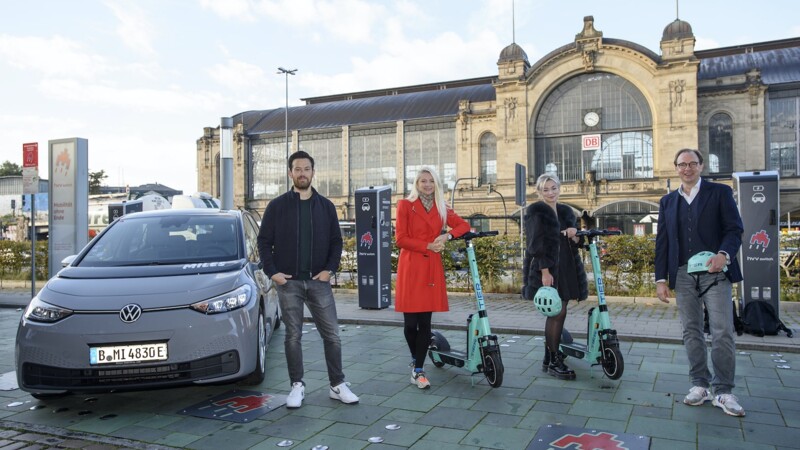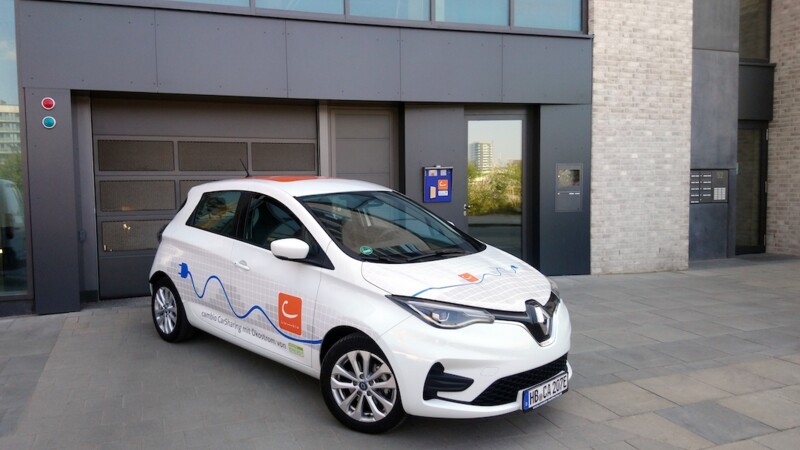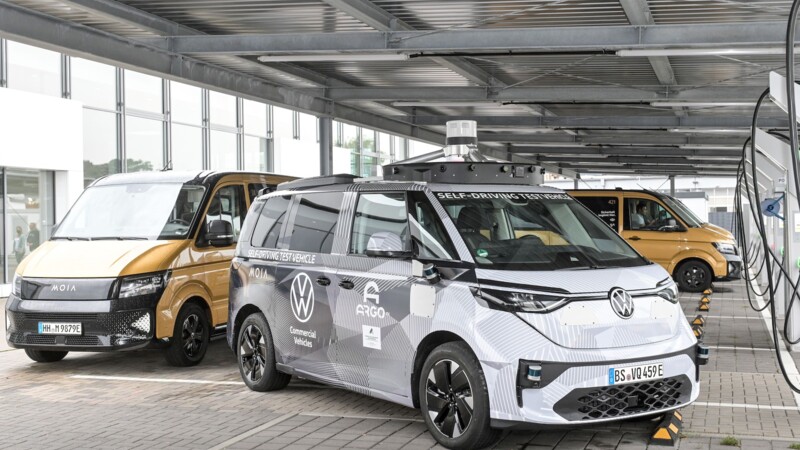Downtown Hamburg caters to all kinds of needs and last year, three car brands opened stores within walking distance of each other: Polestar Space opened in April in Hohe Bleichen, followed in July by Lynk & Co on Alter Wall, and Next.e.GO Mobile SE in September in Grosse Bleichen. The focus on electromobility and the future of mobility is everywhere. The clustering of electric car manufacturers in the city reflects a national trend. Interest in battery-powered cars has risen hugely in the past year driven by government subsidies. Around 625,260 applications for electric car subsidies were submitted to the Federal Office of Economics and Export Control (Bafa) in 2021 over a mere 255,000 in 2020, the agency told Deutsche Presse-Agentur dpa. The government's mantra is sustainable, efficient and affordable transport for everyone. And car manufacturers are coming up with suitable offers.
Germany's retail sector generated record sales in 2021 or a nominal rise of 3.1 per cent over 2020, according to the Federal Statistical Office (Destatis). Online retail earned a plus of 30.3 per cent as e-commerce spreads to nearly every industry. Hardly any goods including cars are not available online. A large selection of new and used cars can be found on numerous platforms and depending on the provider, the vehicle can be configured individually and ordered. But as colourful as the virtual world may be and the convenience of buying a car from the comfort of your home, the internet cannot satisfy people's basic need of haptic experiences and real interaction.
Three electric car manufacturers in walking distance
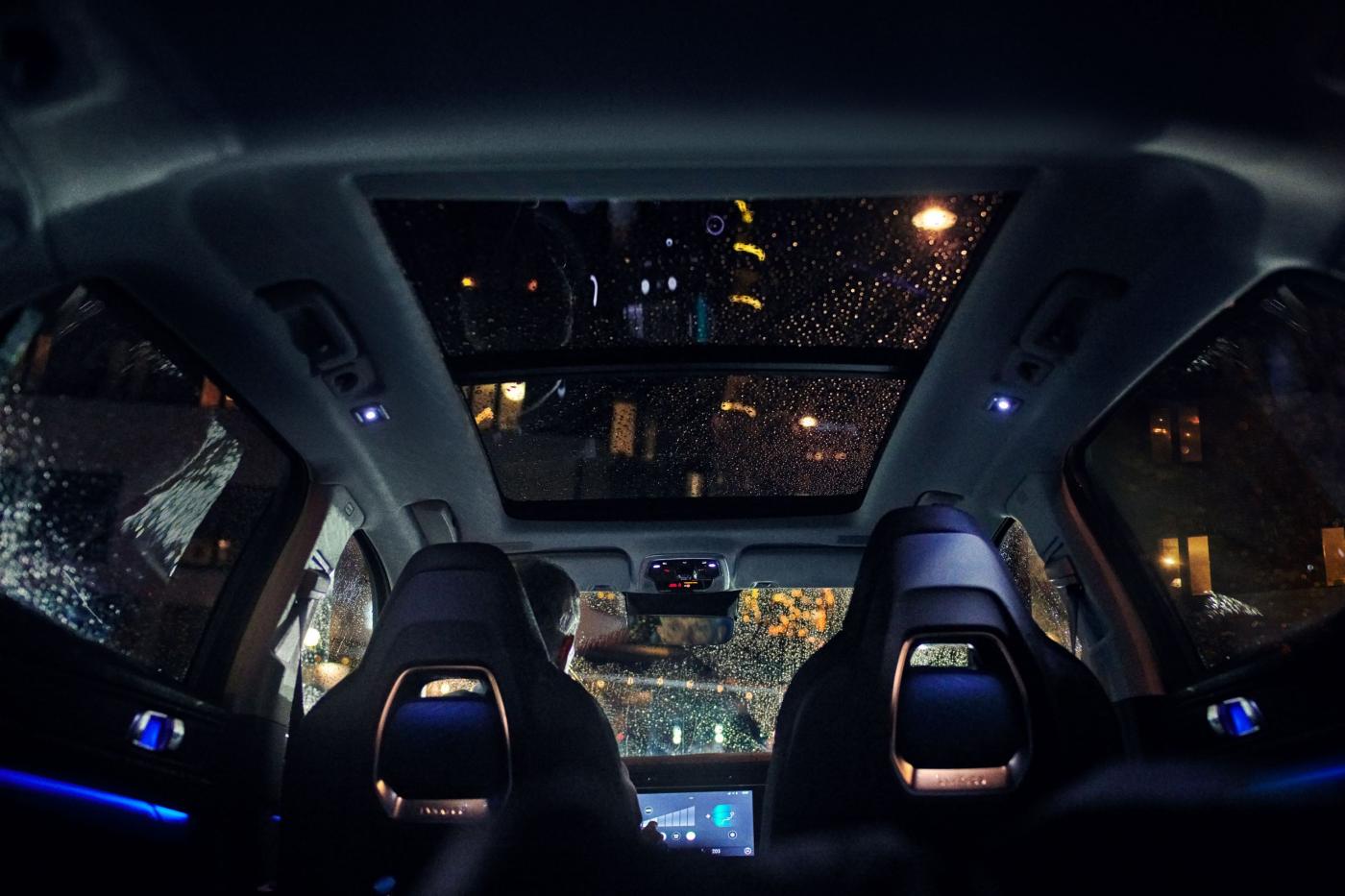
Polestar and e.GO showrooms in Hamburg
Polestar, for instance, aims to launch a carbon-neutral car on the market by 2030. The joint venture between Volvo Car Corporation and Geely is relying on improved batteries and blockchain technology to identify dangerous minerals and to ensure a transparent, ethical supply chain. Meanwhile, e.GO is designing its battery to be as large as necessary, the Aachen-based company has stressed. The e.GO Life was developed for driving in urban areas, and the 21.15 kWh (net) capacity of the lithium-ion battery is designed with that in mind. And according to the website: "The battery is processed after use and is given a second life as storage for solar power systems to improve the ecological balance of the e.GO Life."
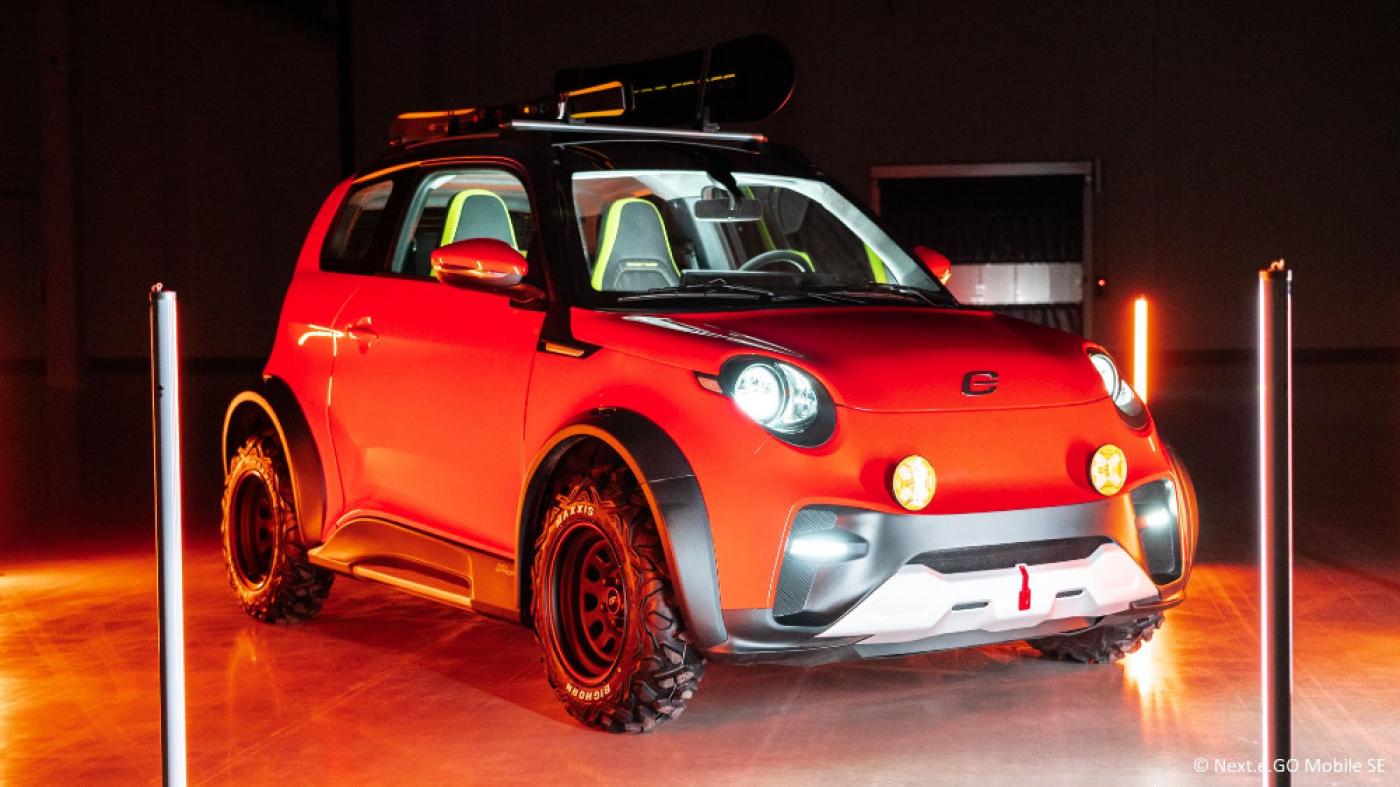
Lynk & Co's subscriptions and car sharing options
Lynk & Co, a brand of the Chinese Geely Group, sees itself more as a mobility provider than as an electric car manufacturer. Emphasis is on a flexible monthly membership based on streaming services such as Spotify or Netflix. The vehicles can be shared with friends, family or the entire Lynk & Co community using a car-sharing platform. Cars are only used 4 per cent of the time on average and are parked for the remainder, the company argues. The platform allows members to share the resources and reduces the total number of cars on roads.
Omnichannel - the silver bullet?
The decision to use recycled fishing nets and other waste materials for the interiors of Lynk & Co models reflects the demand for more sustainability. Thanks to modern recycling techniques, the first life of the materials are no longer evident. Shoppers can see for themselves in the brand stores in downtown Hamburg. Yet, the real shopping experience remains one of the main arguments for actually going to shop in a stationary retailer. Nowadays, more and more companies are opting for an omnichannel approach. In addition to its huge online business, Zalando opened a 1,200 sqm outlet store in the Poststraße three years ago. Edeloptics GmbH, which launched as an online optician in 2009, opened its flagship store on Ballindamm in late 2020. Emphasis is on attractive shopping experiences. The robotic butlers that assist shoppers and a magic mirror are proving a real draw.
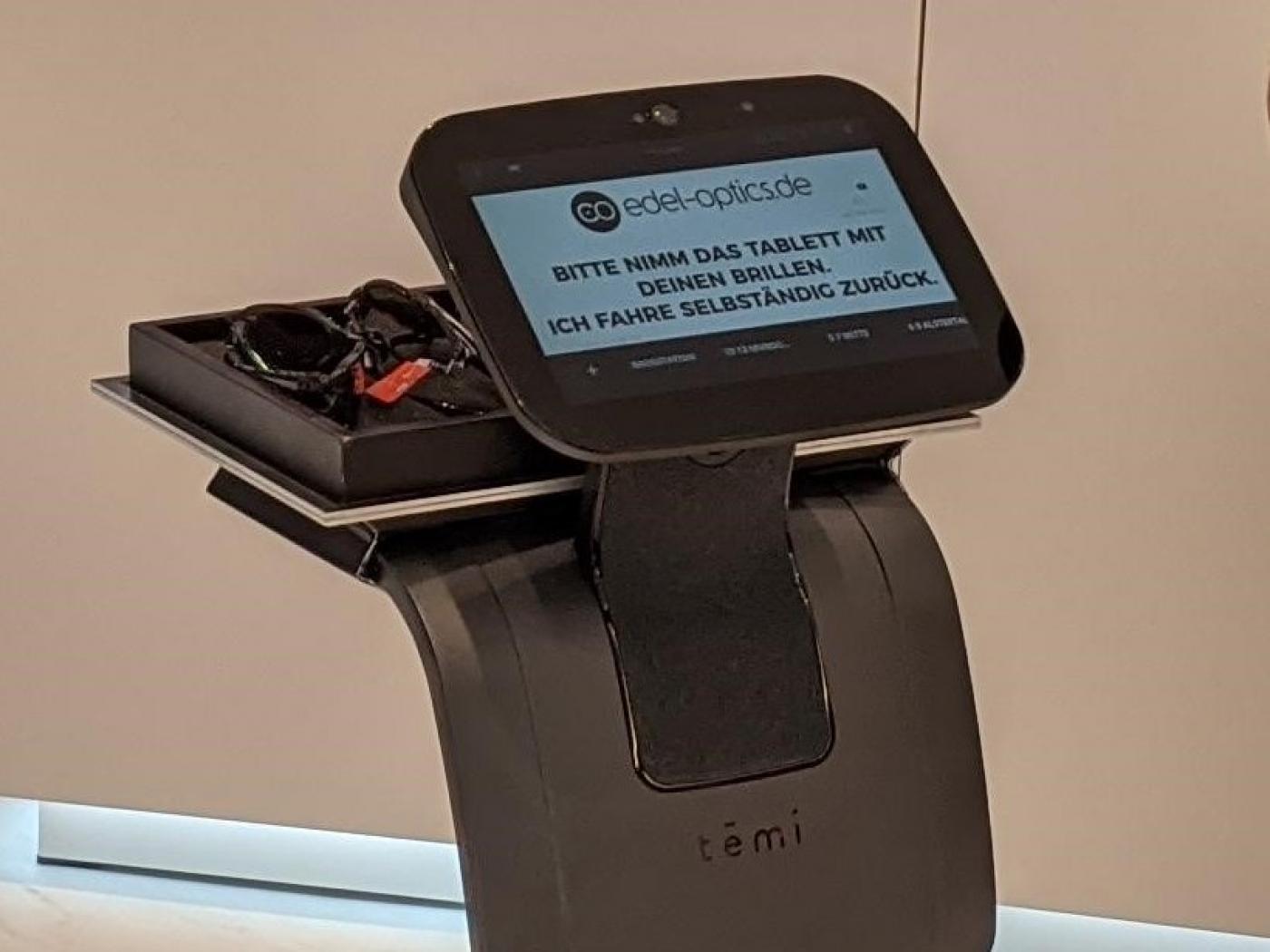
An improved quality of stay, as well as diverse, positive customer experiences are crucial to footfall in city centres. the Chamber of Commerce has listed all kinds of creative ideas in its "Hamburg 2040" concept to make the city centre even more attractive. They range from a river swimming pool, floating beach clubs, water biking or beer gardens on the Binnenalster and the Fleeten to transforming Hamburg's main water area into an experience space with a stage on the lake.
ys/pb
More
Similar articles
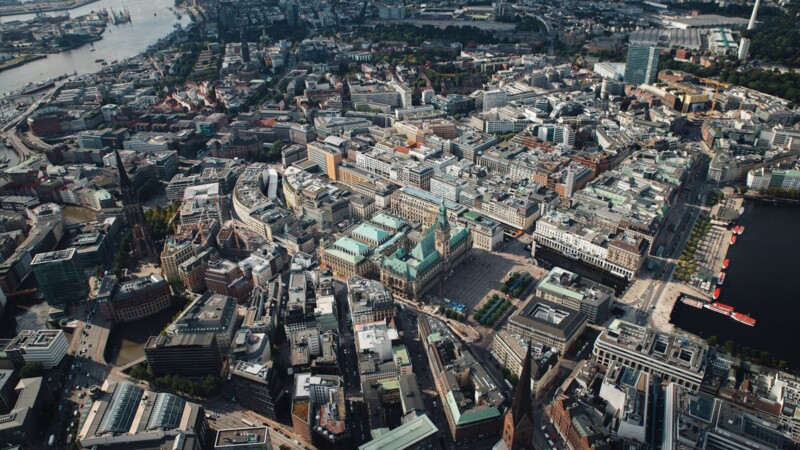
ITS World Congress Hamburg 2021 breaks all records
